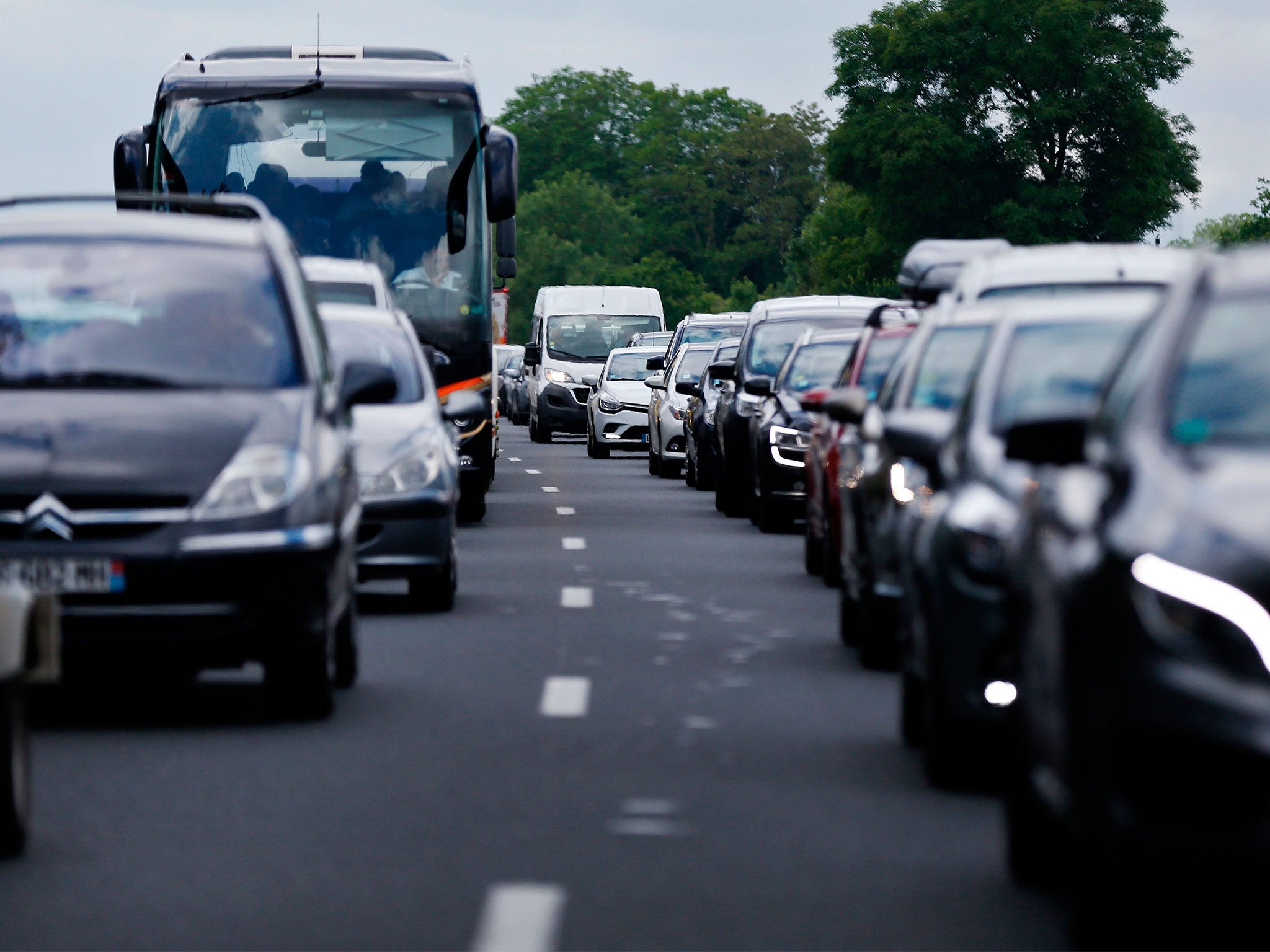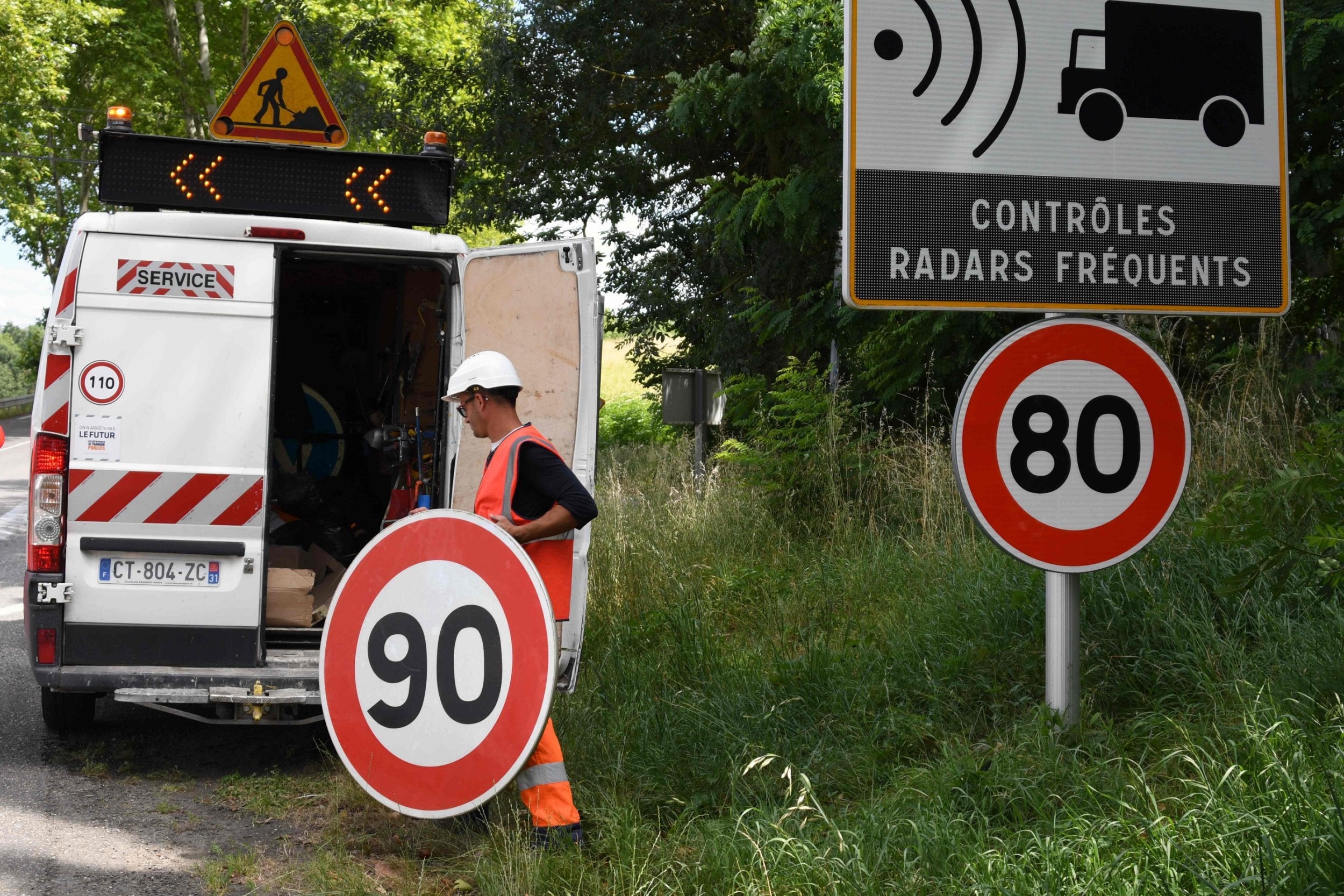France travel chaos: British tourists warned of nightmare journeys on busiest weekend of year
'There are planned strikes at SNCF trains on 6 and 7 July; you should check with your train operator for updates before travelling,' says Foreign Office

Your support helps us to tell the story
From reproductive rights to climate change to Big Tech, The Independent is on the ground when the story is developing. Whether it's investigating the financials of Elon Musk's pro-Trump PAC or producing our latest documentary, 'The A Word', which shines a light on the American women fighting for reproductive rights, we know how important it is to parse out the facts from the messaging.
At such a critical moment in US history, we need reporters on the ground. Your donation allows us to keep sending journalists to speak to both sides of the story.
The Independent is trusted by Americans across the entire political spectrum. And unlike many other quality news outlets, we choose not to lock Americans out of our reporting and analysis with paywalls. We believe quality journalism should be available to everyone, paid for by those who can afford it.
Your support makes all the difference.From Friday afternoon, travellers through France face widespread delays and disruption.
Tens of thousands of British holidaymakers heading across the Channel will find that they have arrived on the busiest weekend of the year so far on the roads of France.
The Independent has analysed the predicted traffic flows on major routes in France and identified 5, 6 and 7 July as the toughest weekend for drivers heading south from Paris and the area around Lyon.
The official traffic calendar warns that conditions will be “very difficult” on Friday and Saturday heading south from Paris, and “difficult” from the Lyon area on Sunday.
French schools nationwide break up for the eight-week holiday on Friday 5 July.
French rail workers have called another two-day strike on Saturday and Sunday in their long-running dispute with SNCF, the rail enterprise, over modernisation and competition.
The Foreign Office is warning: “There are planned strikes at SNCF trains on 6 and 7 July; you should check with your train operator for updates before travelling; allow extra time for your journey.”
The stoppage is expected to add to pressure on the roads.
Traditionally, some families head south for most of the month of July, and others for August.
The “changeover” weekend of 3-5 August is predicted to be the very worst of the summer, reaching the peak designation of “extremely difficult” on Saturday 4 August.
Every weekend until the end of August has at least one “very difficult” day forecast. Next weekend, the French national holiday (“Bastille Day”, 14 July) falls on Saturday.
Fewer motorists will be tempted to switch to the 400,000km of “secondary” roads in France, because the speed limit has been cut this month by 10 km/h.
The new limit of 80km/h (50mph) will initially be imposed for a two-year trial period, and will be extended if there is a significant drop in casualties.

In wet weather, the limit is reduced by a further 10km/h.
The majority of fatal accidents in France happen on this category of road. The government hopes the legislation can save between 300 and 400 lives each year.
The decision to lower the speed limit has proved deeply unpopular. Last week, hundreds of bikers drove across Paris to protest about the new limit.
Some residents in rural areas, who will be most affected by the change, see the reduced limit as an unnecessary imposition from an out-of-touch, elitist government intent on raising money from speeding fines.
Delays are also expected on international borders, where heavy police checks continue in a bid to identify terror suspects.
Join our commenting forum
Join thought-provoking conversations, follow other Independent readers and see their replies
Comments